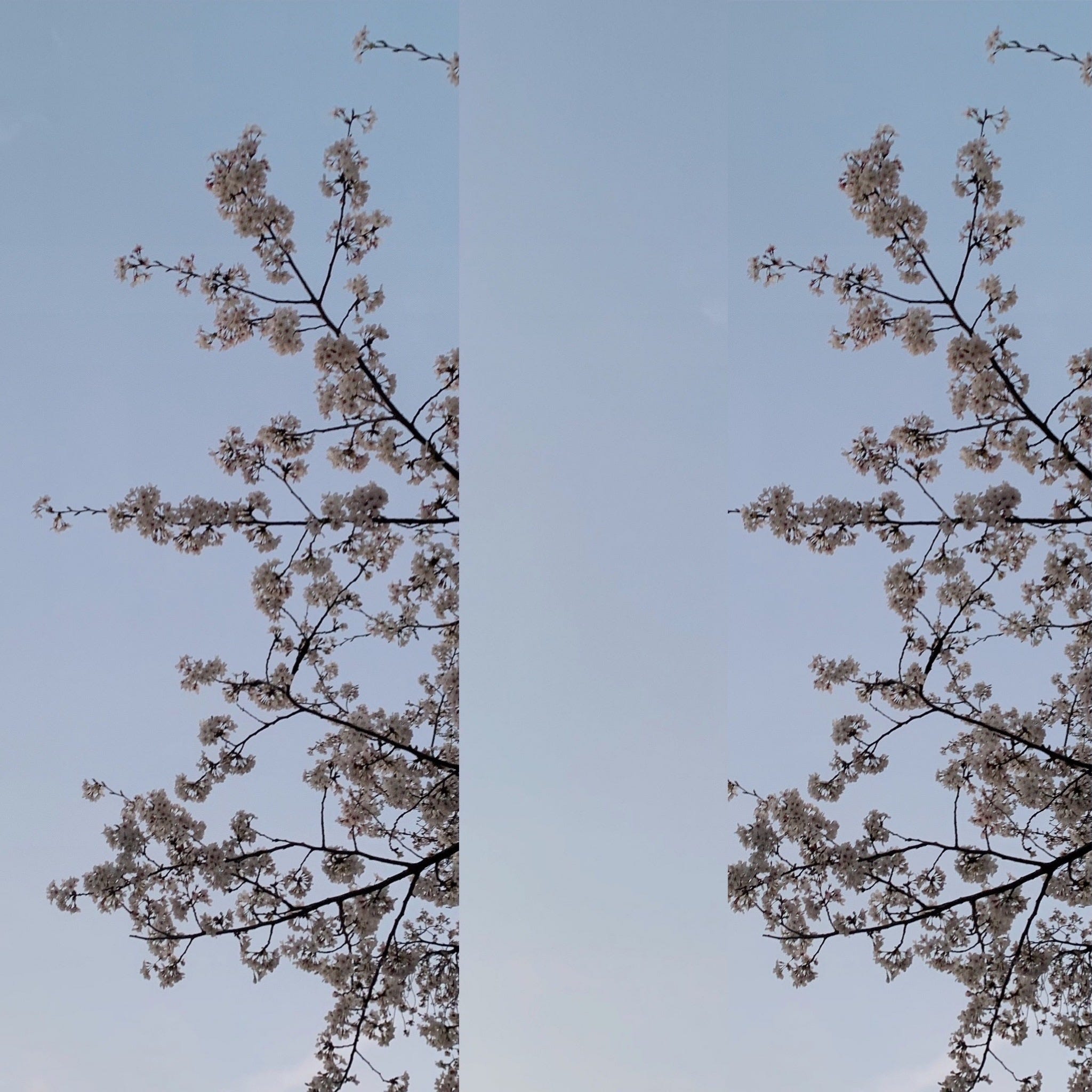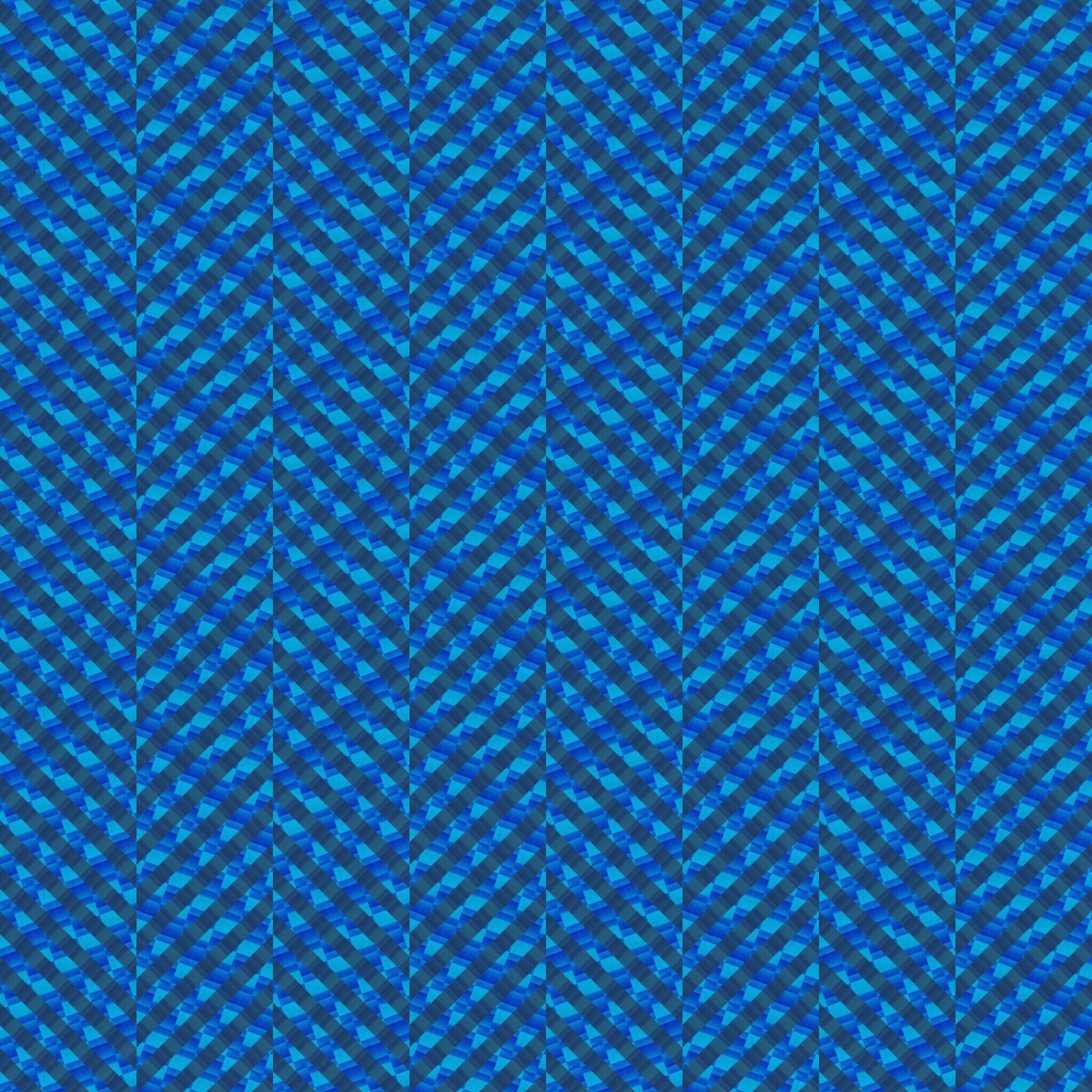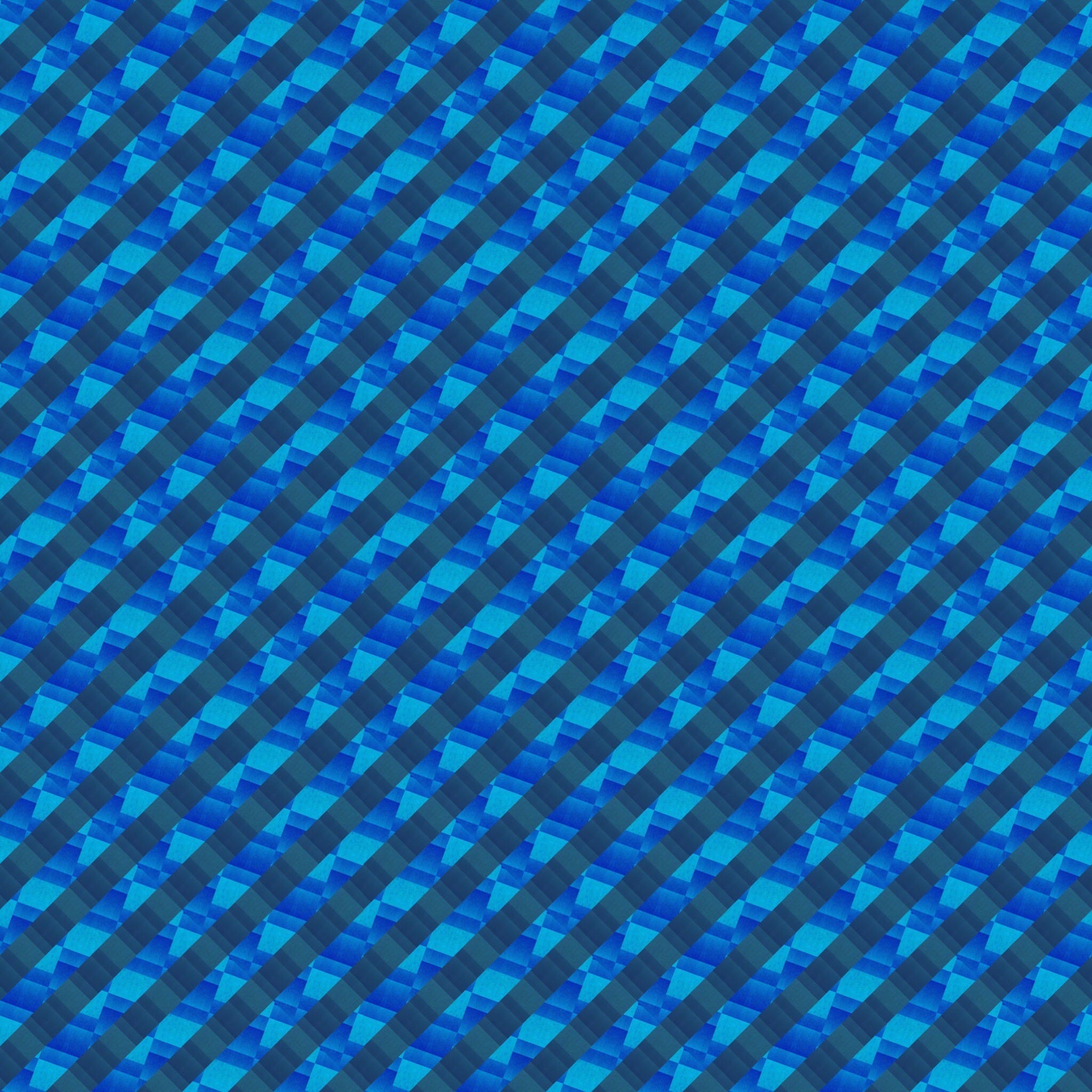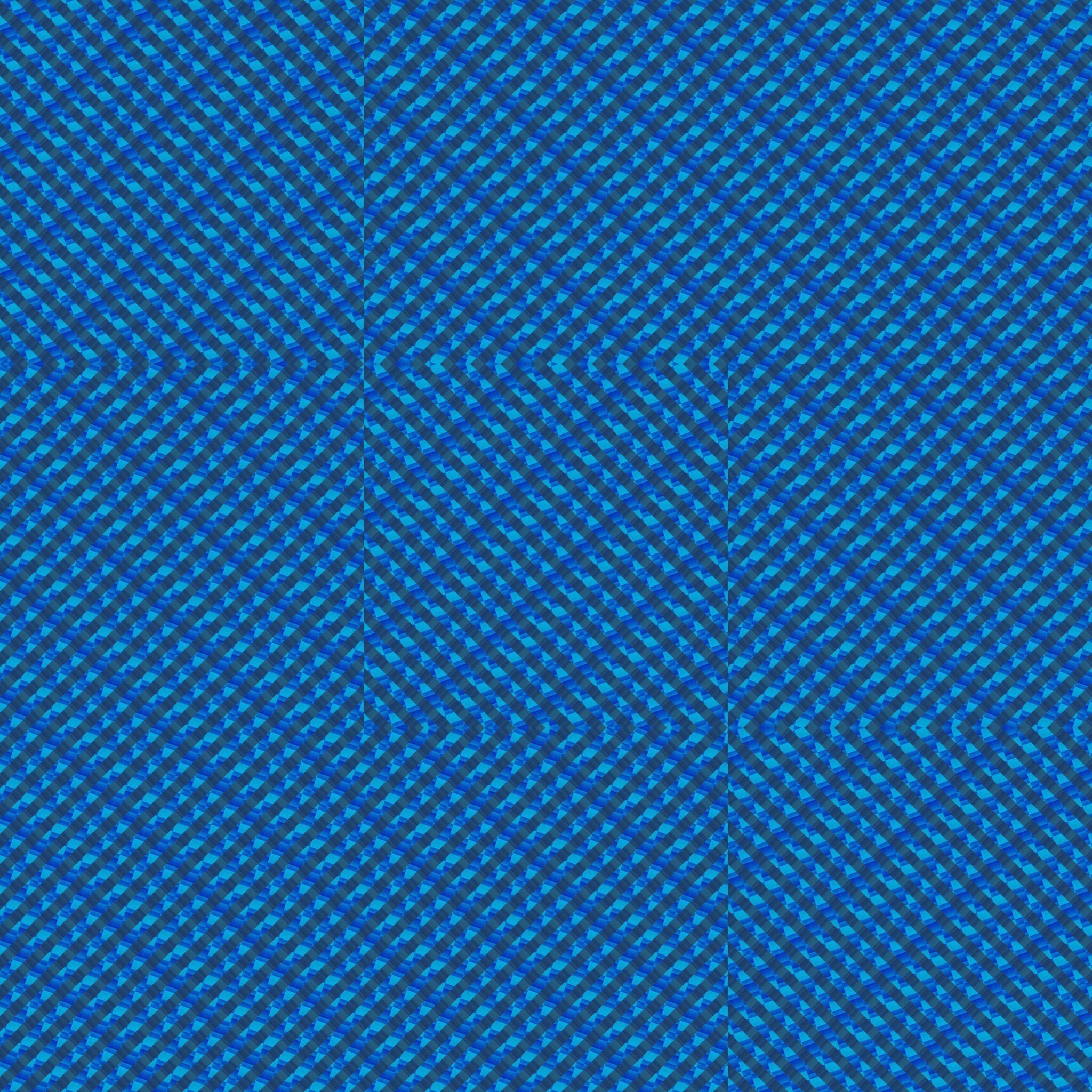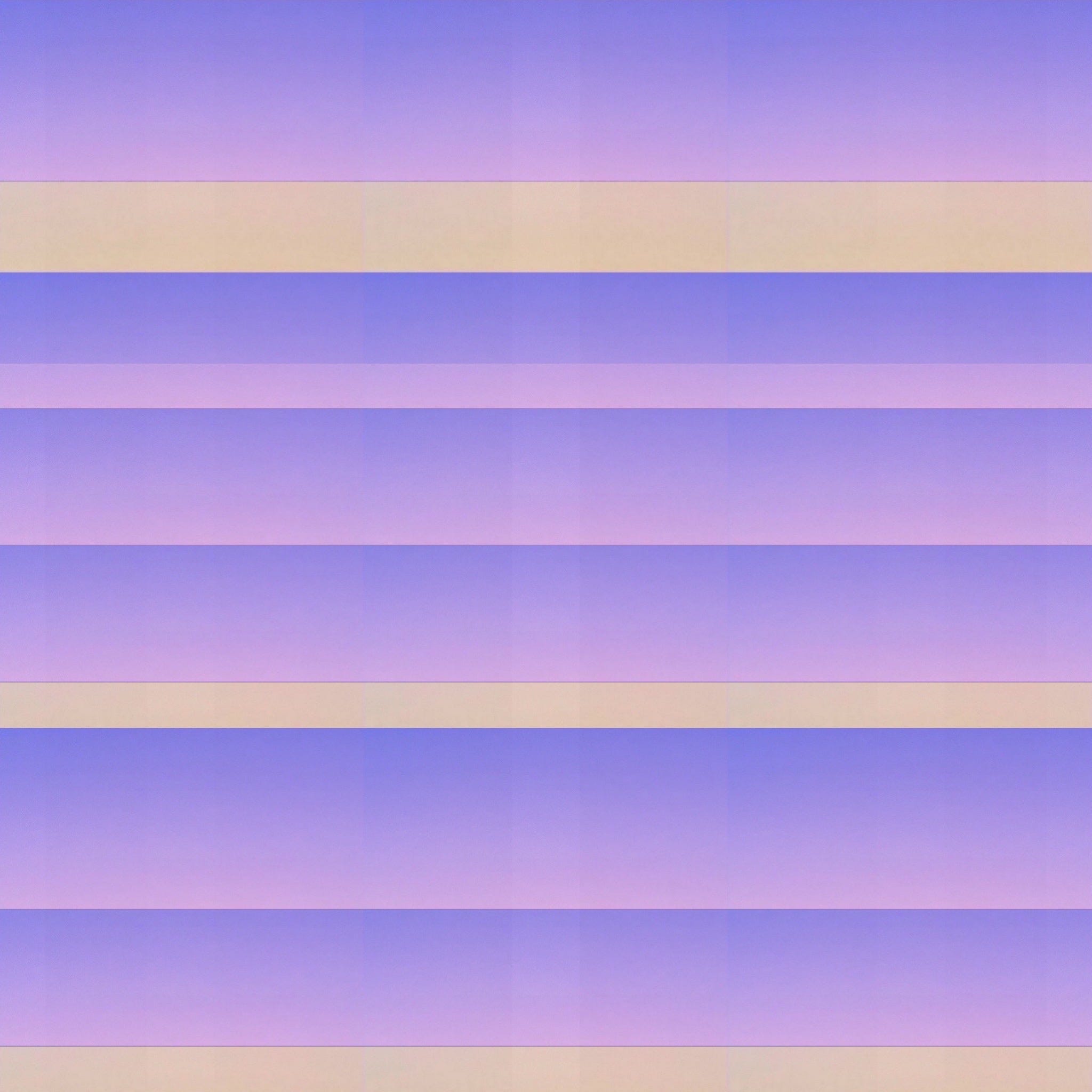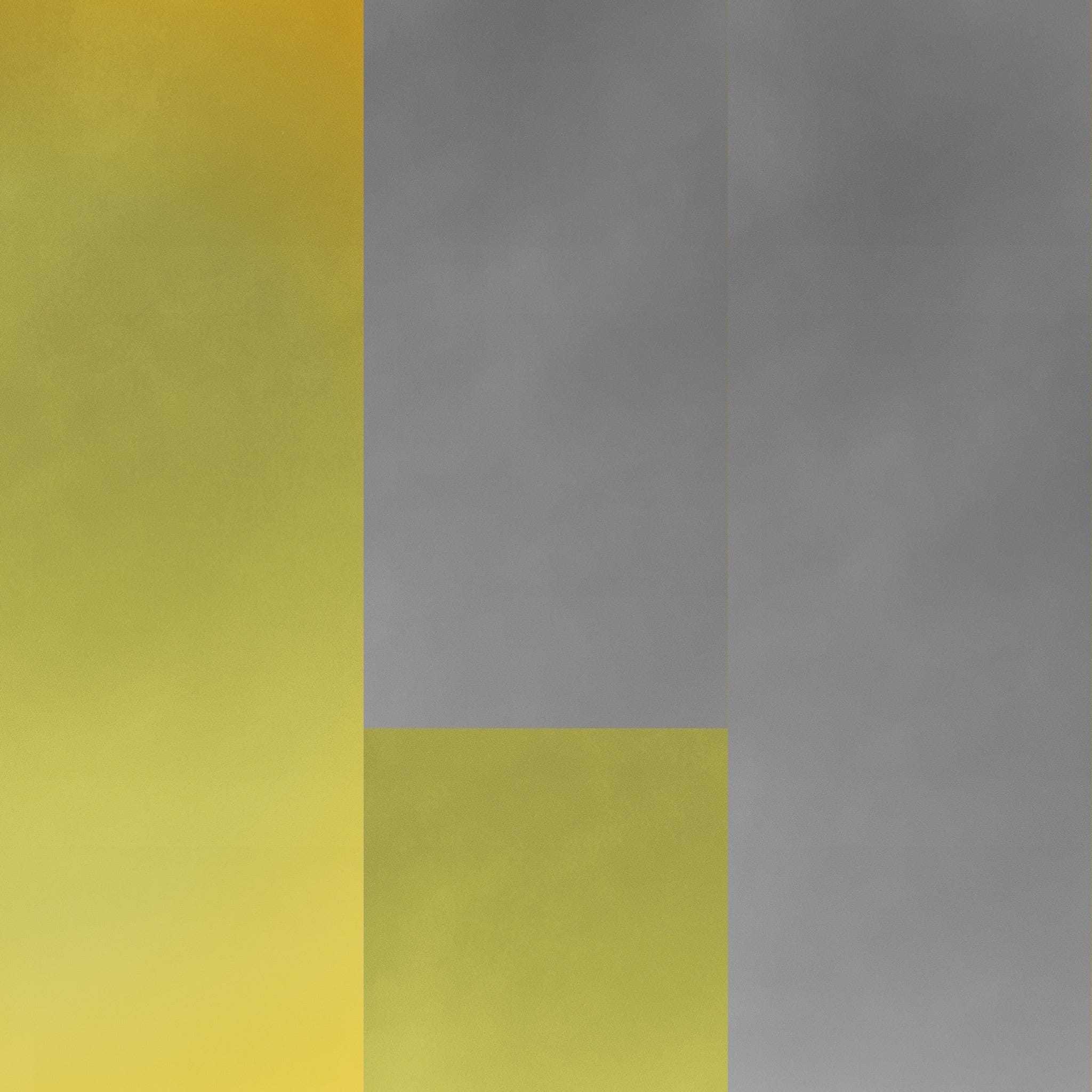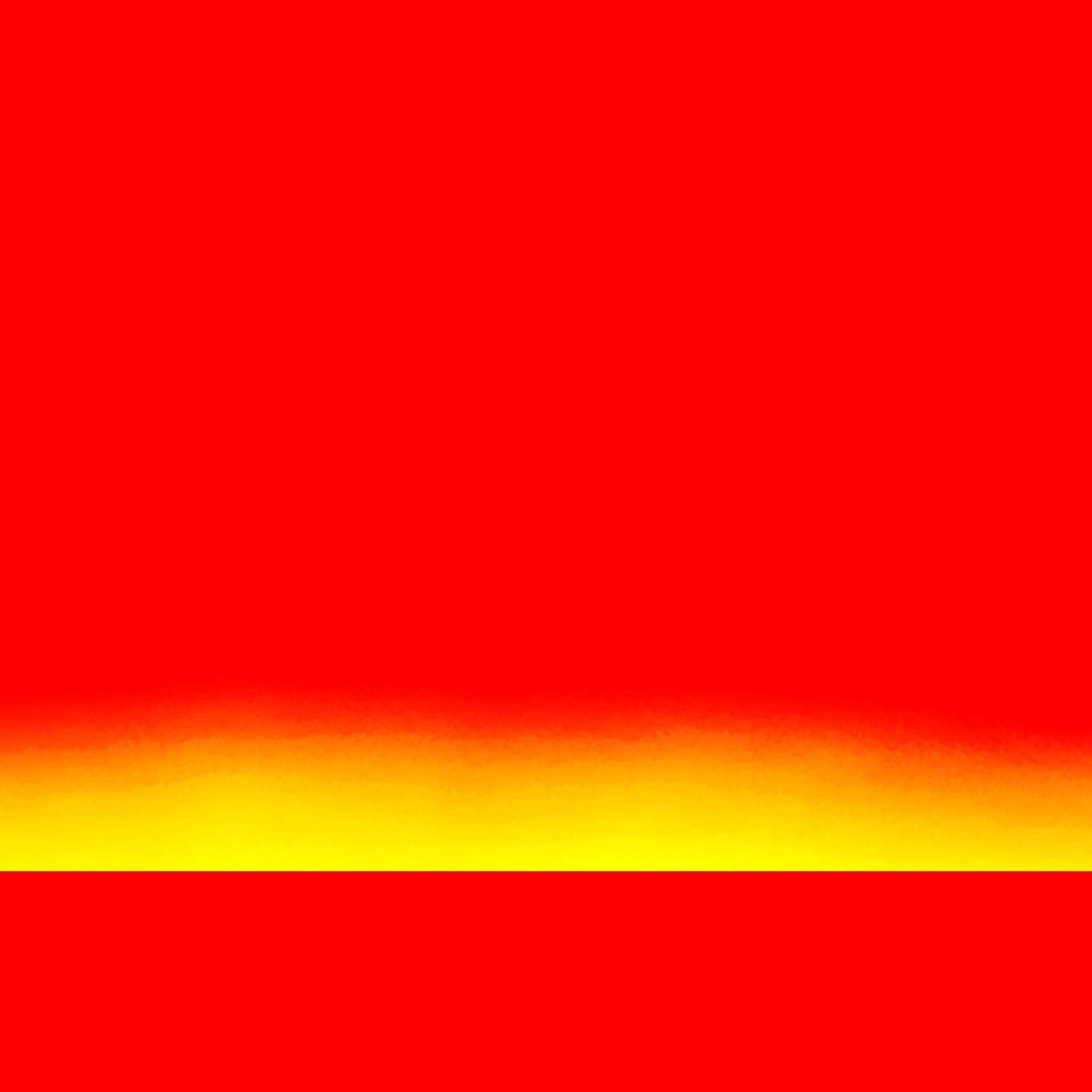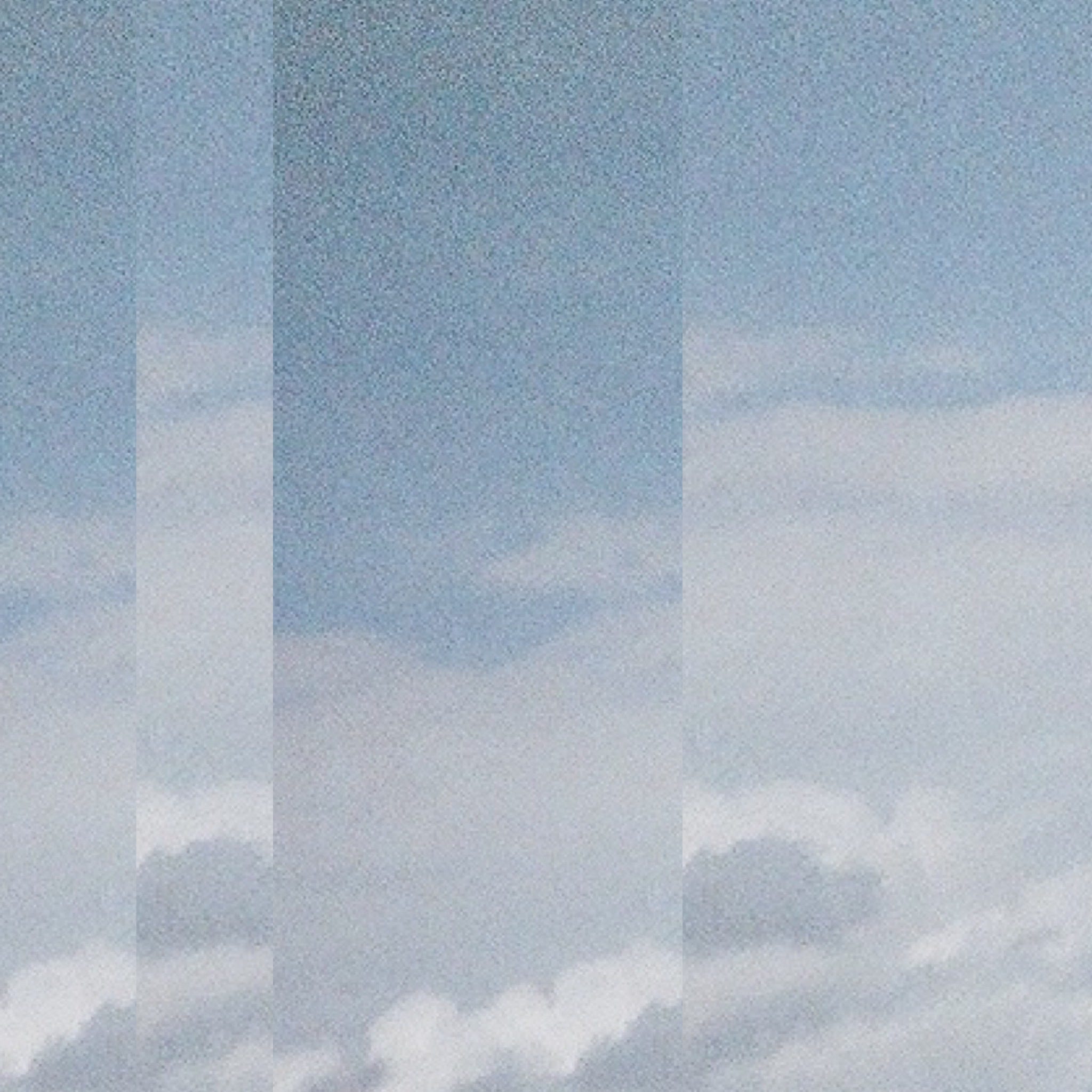
In a prior note, I reflected on ‘time, for what purpose?’. One prompt for it was the Japanese term, ‘time performance’, used to evaluate the supposed value of time spent on an activity. As with so much of the present moment, it is both logically consistent and absurd.
